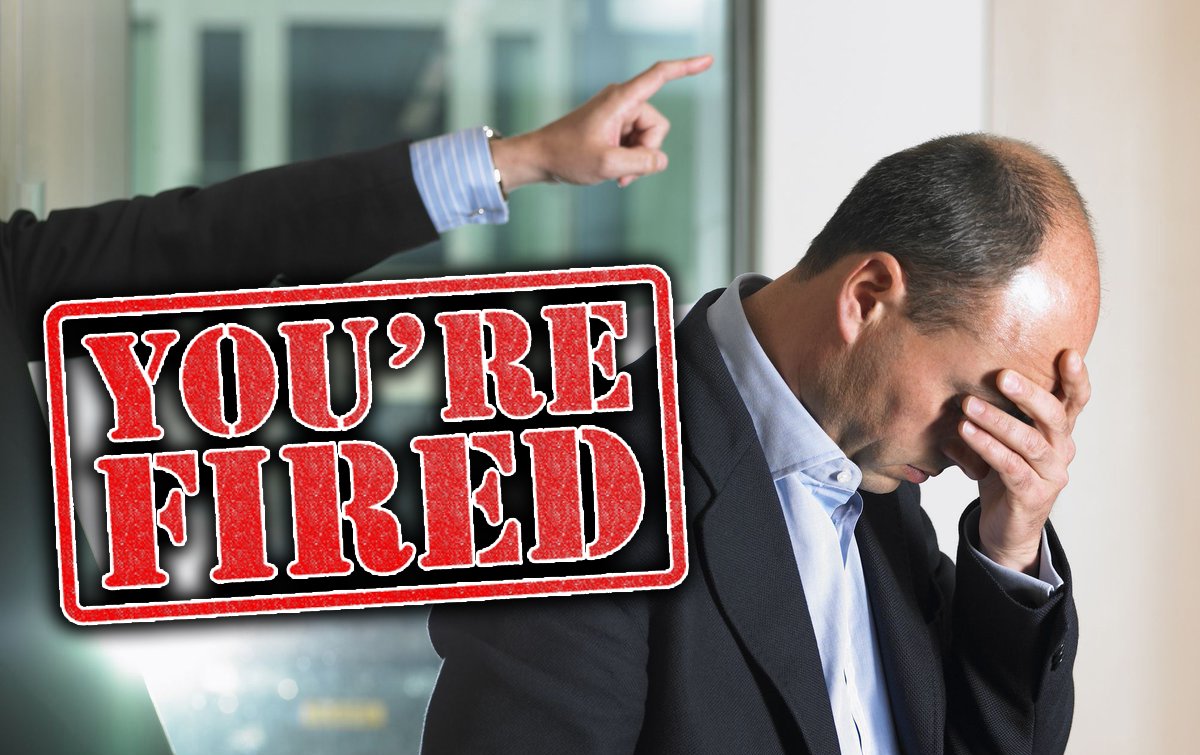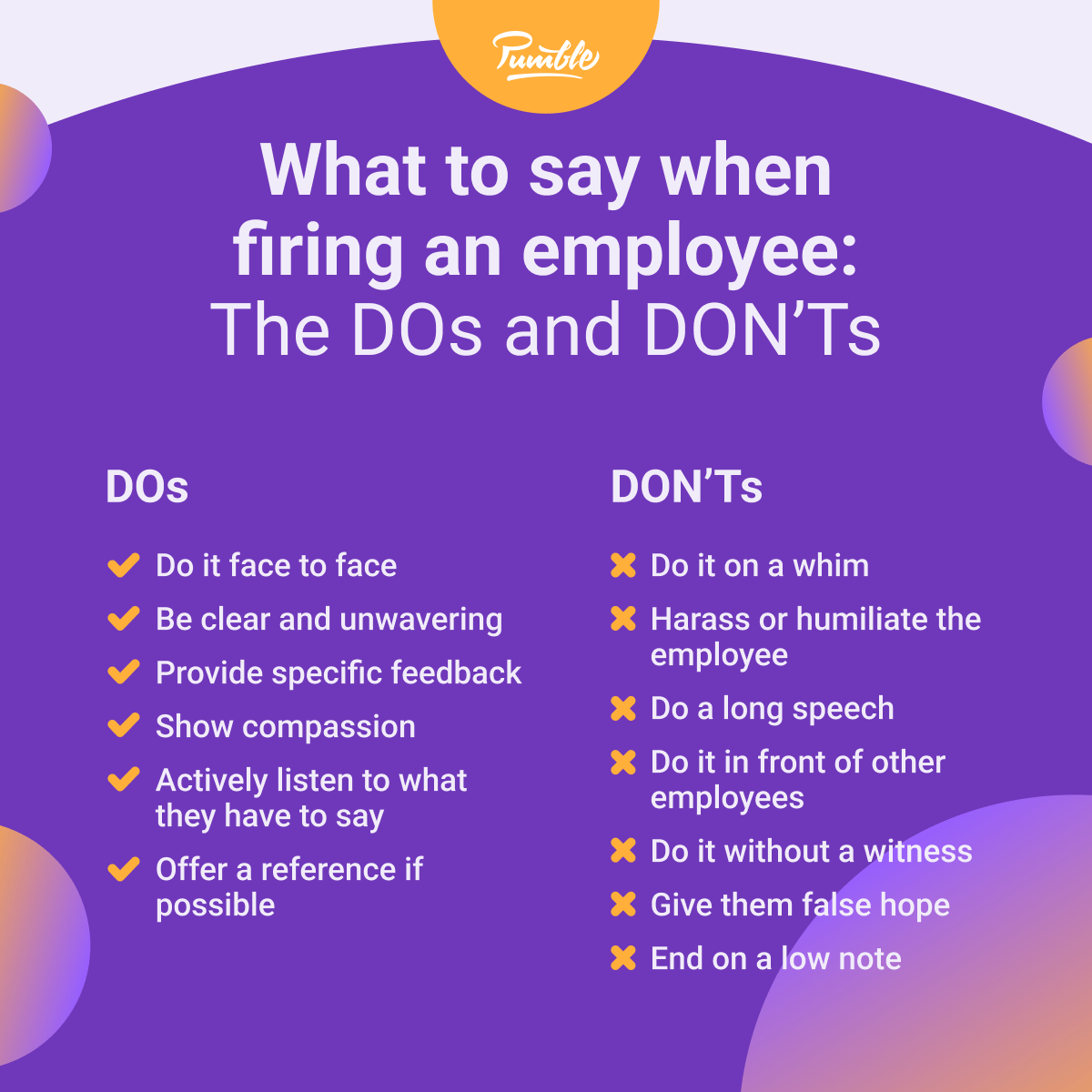Can I Fire An Employee For Being Disrespectful

The line between protected expression and fireable offense in the workplace is often blurred, leaving employers and employees alike unsure of their rights and responsibilities. Can an employee be fired for being disrespectful? The answer, while seemingly straightforward, is nuanced and depends heavily on context, company policy, and applicable laws.
This article delves into the complexities of workplace disrespect, examining the factors employers must consider before terminating an employee for such behavior. Understanding the legal landscape and potential ramifications is crucial for maintaining a fair and productive work environment.
Defining Disrespect: A Moving Target
What constitutes disrespect is subjective and can vary significantly across different workplaces and cultures. Company policy plays a critical role in defining unacceptable behavior. Clear guidelines are essential for both employers and employees.
According to a 2023 survey by the Society for Human Resource Management (SHRM), 68% of organizations have a formal code of conduct addressing workplace behavior. This includes policies on harassment, bullying, and insubordination.
However, even with written policies, interpretation can be challenging. Simple rudeness or a disagreement is not necessarily grounds for termination. The severity and frequency of the behavior are key considerations.
When Disrespect Crosses the Line
Certain types of disrespectful behavior are more likely to warrant disciplinary action, including termination. These behaviors typically involve inappropriate conduct.
Examples includes repeated insubordination, direct defiance of a supervisor's instructions, or public disparagement of the company. Also including harassment, discrimination, or creating a hostile work environment.
"The context is crucial," says employment attorney Sarah Miller of Miller & Zois. "A single instance of heated disagreement may not be fireable, but a pattern of disrespectful behavior, especially if it violates company policy or creates a hostile work environment, is more likely to justify termination."
The Legal Landscape
Employment laws in the United States generally follow the principle of "at-will" employment. This means that employers can terminate an employee for any reason, or no reason at all, as long as the reason is not illegal.
However, there are important exceptions to the at-will doctrine. Employers cannot fire an employee for discriminatory reasons, such as race, religion, gender, age, or disability, as protected by federal and state laws.
Furthermore, retaliatory termination is illegal. An employee cannot be fired for reporting illegal activity or participating in a workplace investigation.
Whistleblower protection laws also protect employees who report illegal or unethical conduct. Firing someone for being disrespectful to a supervisor is illegal.
Best Practices for Employers
Before terminating an employee for disrespectful behavior, employers should follow a consistent and well-documented disciplinary process. Document everything.
This process should include verbal warnings, written warnings, and opportunities for the employee to improve their behavior. Consistent application of company policies is crucial to avoid claims of discrimination.
Employers should also conduct a thorough investigation of the alleged misconduct, giving the employee a chance to explain their perspective. In addition, consider mediation.
"It's always best to err on the side of caution and consult with an employment attorney before terminating an employee for disrespectful behavior," advises Miller. This will help ensure compliance with all applicable laws and minimize the risk of legal action.
The Impact on Employees
Losing a job due to alleged disrespect can have significant consequences for employees. It can lead to financial hardship, damage to their professional reputation, and emotional distress.
Employees who believe they have been wrongfully terminated for disrespectful behavior should seek legal advice. They may have grounds for a claim of wrongful termination or discrimination.
It is important for employees to understand their rights and to document any instances of unfair treatment or discrimination in the workplace.
Conclusion
Firing an employee for being disrespectful is a complex issue with significant legal and ethical considerations. Employers must carefully weigh the severity of the behavior, the context in which it occurred, and company policies before taking disciplinary action.
By following a fair and consistent disciplinary process and consulting with legal counsel, employers can minimize the risk of legal challenges and maintain a respectful and productive work environment. Understanding the legal landscape and employee rights is essential for both employers and employees.


















